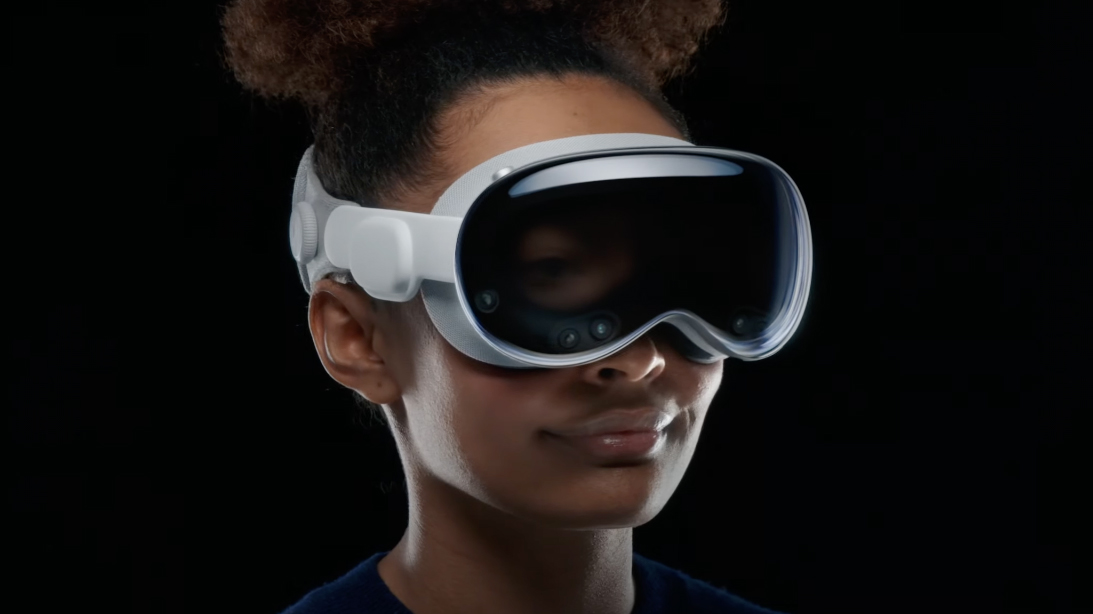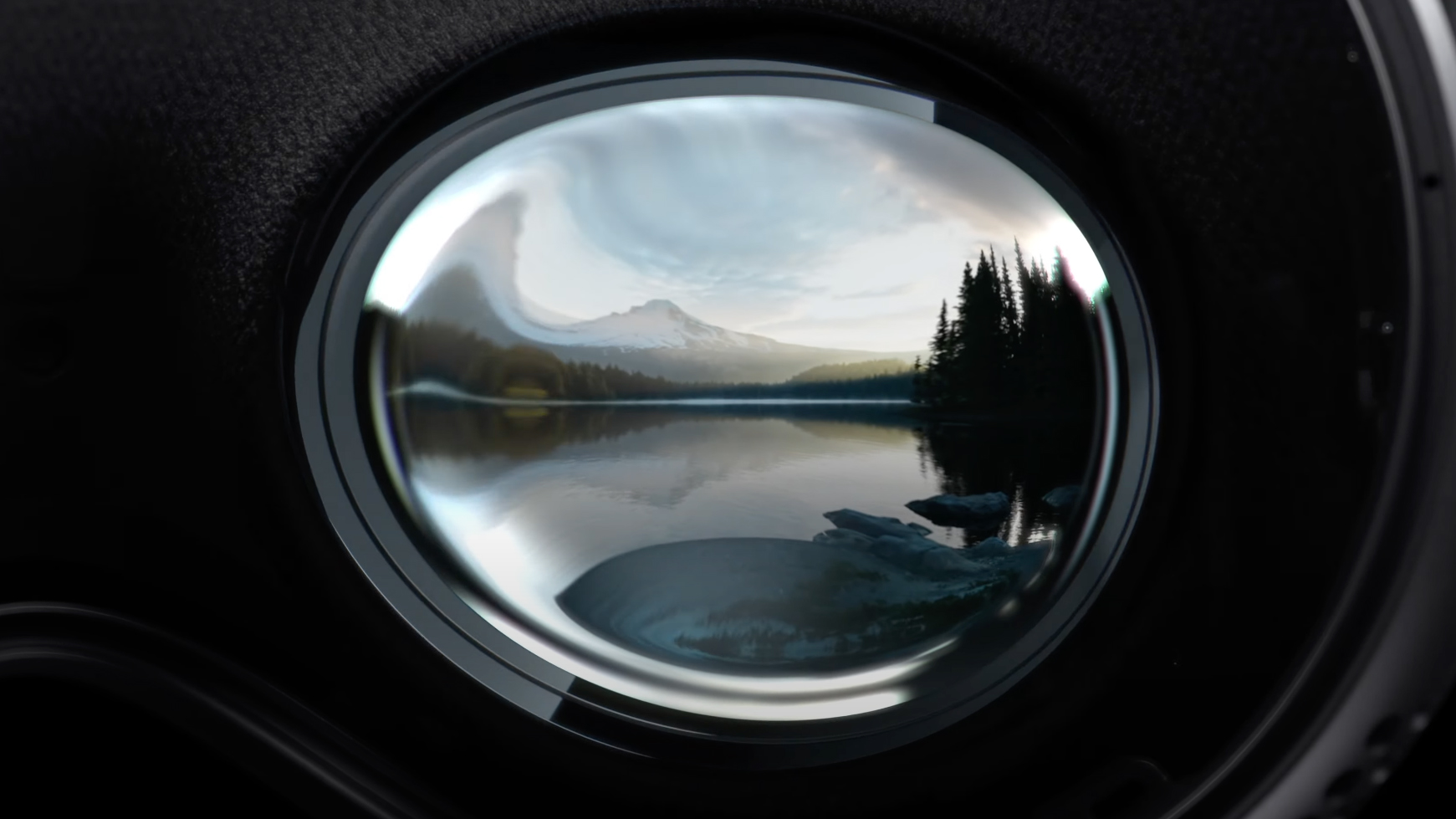
The Apple Vision Pro's price tag was met with audible gasps at WWDC 2023, but that $3,499 figure could go up significantly if you typically wear glasses.
We already knew that Apple would be selling its "vision correction accessories" for its Vision Pro headset separately, but now some speculation from Apple commentator Mark Gurman has hinted at exactly how much those Zeiss lenses could cost.
In the post-WWDC Tweet below, Gurman says that he estimates that Zeiss prescription lenses for the Apple Vision Pro "will be at least $300-600 a pair". That is, "unless Apple is eating part of the cost" within the headset's $3,499 price, which converts to around £2,815 / AU$5,290.
Apple hasn't dropped any hints about the price of these inserts, which attach magnetically to the headset's own lenses, so this is just speculation. But the rumored pricing falls in line with the standalone cost of thin prescription lenses made by Zeiss, so it's certainly a potential cost barrier for those who wear traditional vision-correcting glasses.
I would guess that the Zeiss prescription lenses for the Vision Pro will be at least $300-600 a pair, unless Apple is eating part of the cost given the already high price of the headset itself.June 6, 2023
We also don't yet know what types of vision correction these Vision Pro lenses will support. Apple warns that "not all prescriptions are supported" and that a "valid prescription is required", so we'll have to wait to see if they'll cover the full range from myopia to astigmatism and more.
But given how common vision problems are (for example, 32% of the world's population has myopia, according to a 2019 study in the Investigative Ophthalmology and Visual Science journal), it's an important hurdle to overcome if headsets like the Apple Vision Pro want to ultimately become mainstream.
Taking the long view

In some ways, it's commendable that Apple tackled the issue of making the Vision Pro genuinely feasible for those of us who wear glasses. On the other hand, it needed to do that in order to give the headset (and its successors) mainstream potential – and it'll be interesting to see if it does indeed absorb some of the rumored cost of those lenses.
The benefit of those corrective lenses being magnetic is that they can be popped out if someone else in your household wants to don the Vision Pro to watch Disney Plus (which will be available on the headset at launch).
But the Vision Pro is already prohibitively expensive for most of us, which means it lives in a non-mainstream space that isn't typical for Apple products. Throw in some corrective lenses and other accessories like a clip to hold the battery, and you're probably looking at a price tag that's approaching the cost of two Apple Mac Studios.
Whoever ends up footing the bill, it's a move that certainly makes sense for Zeiss. The lens maker has just denied reports that it's leaving the photo lens market, but said that the "global market declined significantly and irreversibly" and that "companies have to adapt".
Making accessories for a super high-end, mixed-reality headset is certainly a good way to adapt – particularly if the Vision Pro ultimately cracks the nut of making what Apple calls 'spatial computing' genuinely mainstream, rather than a plaything for gamers.







